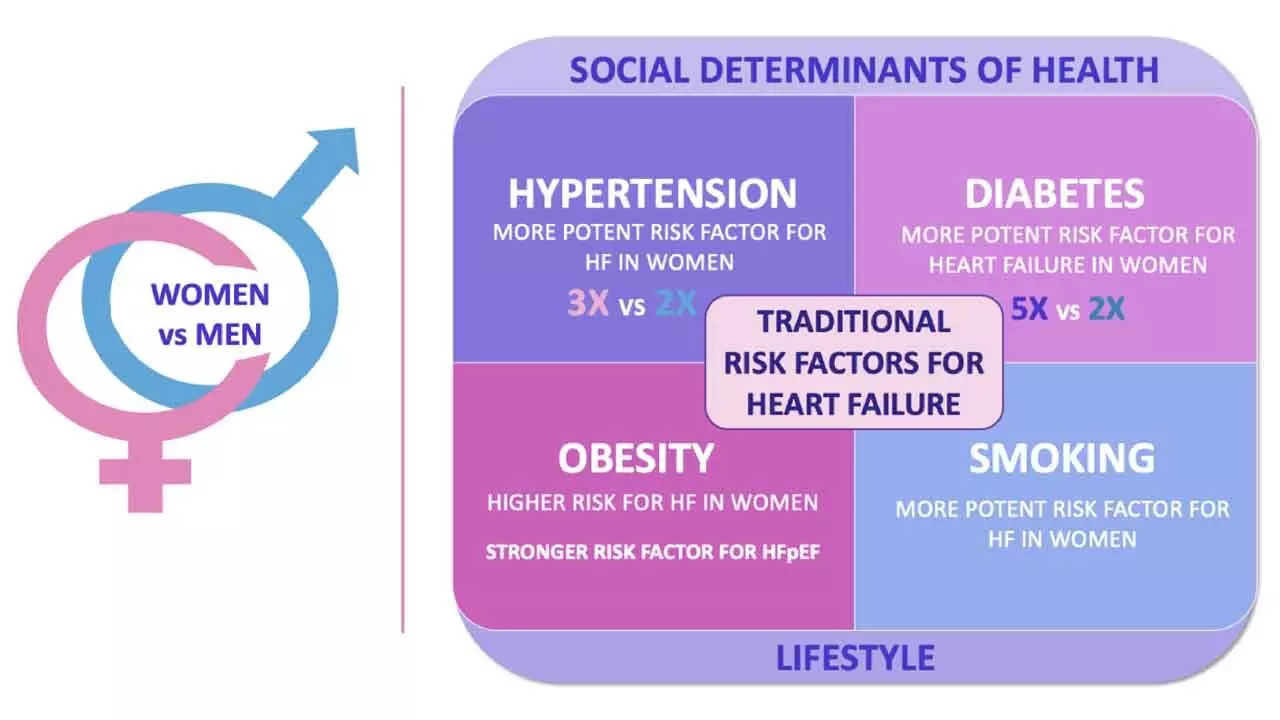Health Differences Between Sexes Involve Social Factors Too
Health Differences Between Sexes Involve Social Factors Too

New Delhi: Genetics may not solely explain the biology which cause different health risks, symptoms and outcomes between men and women -- social factors such as neighbourhood and lifestyle too need to be looked at, according to a study.
The research, led by Queen Mary University, UK, analysed genetic links between nearly 6,000 proteins and diseases in 56,000 people. A "very small" fraction -- around 100 proteins -- were found to be responsible for differing levels of majority of the 6,000 proteins studied between men and women.
Findings, published in the journal Nature Communications, "clearly show that with very few exceptions, protein regulating genetic variants identified so far behave in a very similar way in males and females," Claudia Langenberg, director of Precision Healthcare University Research Institute, Queen Mary University, said.
"This provides evidence for an important implicit assumption -- that insights arising from studying these (genetic) variants apply to both sexes," Langenberg said. The study highlights the importance of looking beyond genetics and medical factors, such as hormones, and looking at non-medical, social factors -- where people work and live, education, lifestyle, finances -- when comparing health risks and outcomes between men and women, the authors said.

